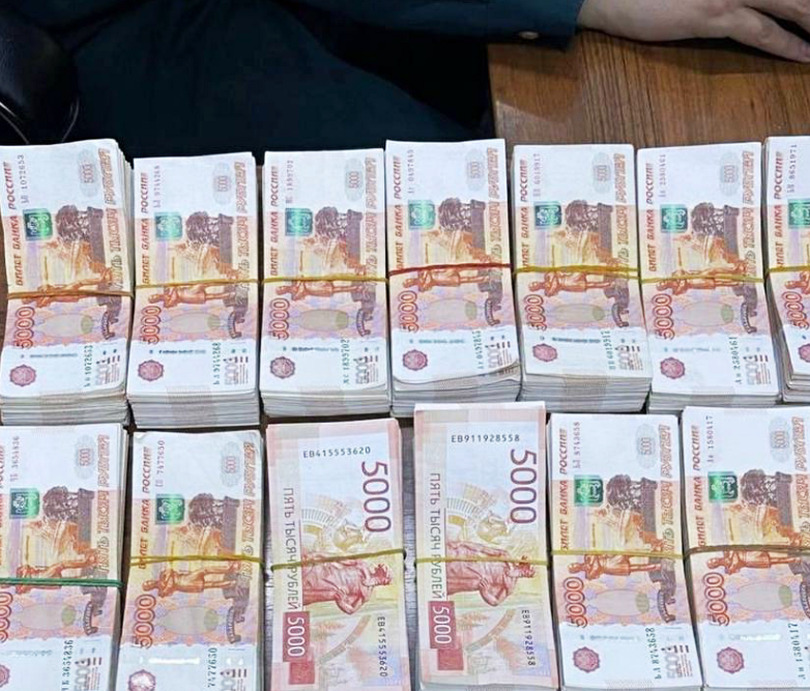
In the frost-kissed borderlands of Tuva, where the wind whispers secrets to the mountains, a routine customs check unraveled a tale as thick as stacked rubles. A 54-year-old Mongolian traveler, wrapped in layers more suited to hiding treasure than braving the cold, became the protagonist of this modern smuggling fable.
When asked if he carried anything requiring declaration, the man's "no" slithered out too quickly—a verbal misstep that made inspectors' instincts hum like high-voltage wires. His fingers danced an anxious jig against his thighs, and the way his eyes darted between officers spoke louder than any confession. Some truths aren't told; they tremble.
The cash emerged like a shameful secret during the pat-down, its bulk distorting the man's silhouette like a poorly stuffed scarecrow. Those crisp stacks—enough to buy a herd of yaks or a small apartment in Kyzyl—now sit as evidence in a case that smells of desperation and poor planning.
The would-be smuggler now faces a cruel arithmetic: either surrender a fortune in fines or trade four years of freedom for this botched financial sleight-of-hand. Meanwhile, the rubles—still carrying the warmth of their ill-fated journey—await their fate in some bureaucratic vault, their adventure cut shorter than a Siberian summer.
This incident etches another lesson in the annals of border control: money has weight, deception has tells, and no amount of nervous laughter can disguise the crinkle of 62,000 banknotes against your spine.



















